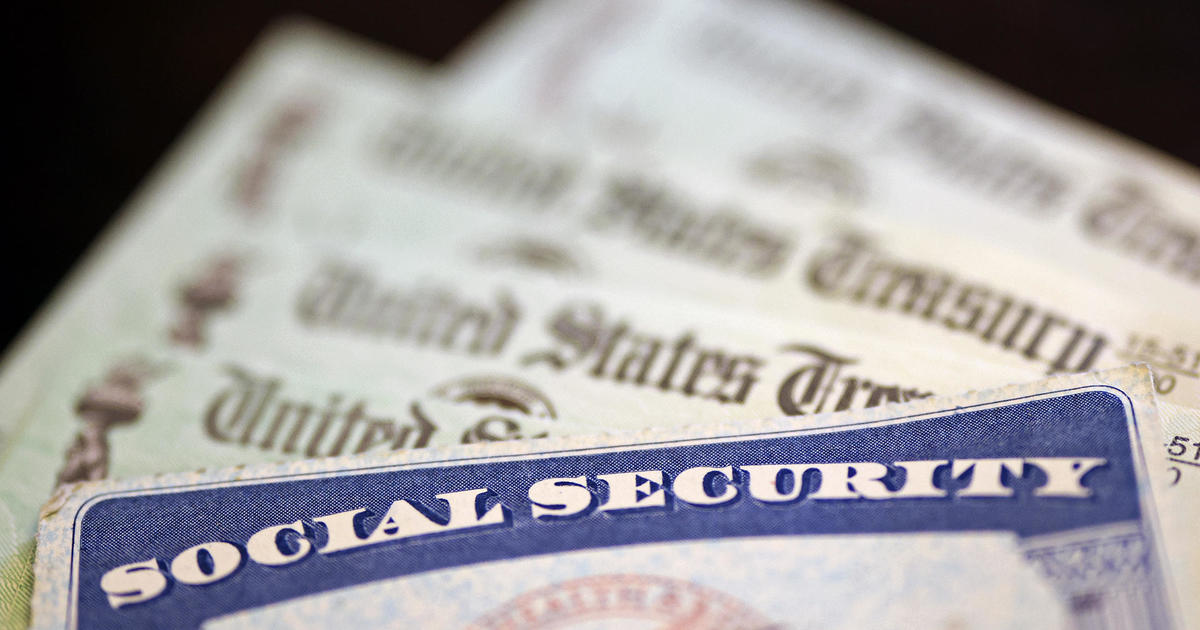A new lawsuit is claiming hackers have gained access to the personal information of “billions of individuals,” including their Social Security numbers, current and past addresses and the names of siblings and parents — personal data that could allow fraudsters to infiltrate financial accounts or take out loans in their names.
The allegation arose in a lawsuit filed earlier this month by Christopher Hofmann, a California resident who claims his identity theft protection service alerted him that his personal information had been leaked to the dark web by the “nationalpublicdata.com” breach. The lawsuit was earlier reported by Bloomberg Law.
The breach allegedly occurred around April 2024, with a hacker group called USDoD exfiltrating the unencrypted personal information of billions of individuals from a company called National Public Data (NPD), a background check company, according to the lawsuit. Earlier this month, a hacker leaked a version of the stolen NPD data for free on a hacking forum, tech site Bleeping Computer reported.



Depends what service you’re interacting with. Typically it’s government services that need it, but sometimes banks or other financial outlets.
Right, but how often do you have to give it out loud? I’m Canadian, and I don’t think I’ve ever said my SIN out loud in person. It’s either on paperwork, or over the phone.
I consider over the phone as out loud (can’t always have the room to myself since I’m never home when gov services are open).
In person, it’s sometimes needed for verification, though usually just the last 4 digits. Other times they’ll need the full social to look you up. Definitely varies by region in the US when you’re dealing with local government (vs federal), and it’s less common to have to give it out than it was in the past, but it’s still fairly common and not surprising to be asked for it.
By “over the phone”, I’m imagining dialing the digits rather than speaking them.
Nope. Spoken to a person.
I was referring to what n2burns said